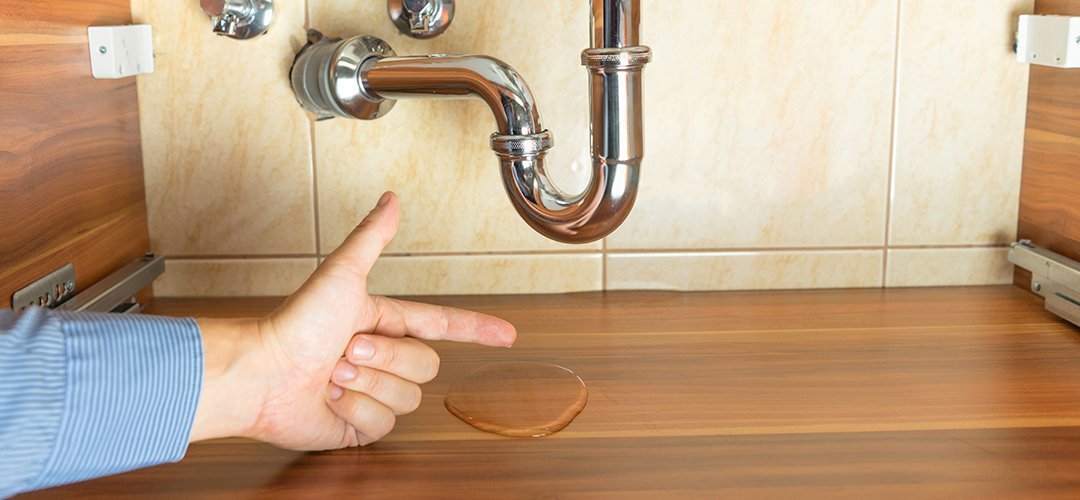
Plumbing is the most underrated fixture in our home. We rarely think of maintaining them properly until we encounter troubles. These major troubles may include a blocked sewer, a burst pipe, or a major leak. Yet, the truth is, most plumbing problems can be prevented. If only we are sensitive enough to notice signs of these issues early, we won’t get headaches in dealing with them.
Moist in our ceilings, floors, and walls can be due to small cracks or leaks in our pipes. When water slowly drains in our sink and toilet, there may be some blockage in the sewer. Even strange smells and sounds coming from our plumbing system signal irregularities inside them. The best way to prevent bigger problems from happening in our plumbing system is to have it inspected every year.
Benefits of a Plumbing Inspection at Home
A plumbing inspection at home is a complete check and evaluation of the plumbing system in your household. A licensed plumber conducts the plumbing inspection at your home. Being an expert in the plumbing and blocked sewer Sydney system, they’ve got enough knowledge on how it runs and how to spot troubles. In general, the main purpose of a plumbing inspection at home is to see if your plumbing system still works properly even though you’ve been using it for years. Below are some benefits of a plumbing inspection at home.
A plumbing inspection at home checks your system thoroughly. As such, the inspecting plumber will be able to identify potential problems you may face on your plumbing and sewer fixtures and pipes. Since most of your plumbing fixtures and pipes are hidden under the ground, it would be hard to spot signs of small cracks and leaks. Regular plumbing inspection in your home won’t overlook these small things.
A blocked sewer or a clogged drain may develop slowly. There are times when you take slow water movement in your drains for granted. You may not notice the noise and foul smell coming from your water pipes and sewers. Plumbing inspections will be able to identify all these blockages and can help prevent them from developing into bigger issues.
What to Expect During a Plumbing Inspection at Home?
A thorough plumbing inspection at home covers the following activities.
First, the plumbing inspector will check your showers, sinks, tubs, and anything connected to your plumbing system. They will check if water comes in and out smoothly. They may do a water pressure test using a gauge. They will also look for any blocked sewer in Sydney, cracks, and leaks.
Second, the plumbing inspector will also check your toilets. They’ll evaluate the fittings, flapper, and flush system. They will try to see if there are cracks or leaks within the ceiling, floors, and walls.
Third, the plumbing inspector will also check your water heater. They see the inside of its tank to know if some solid particles build up. They will also test if the water heater is operating properly and supplying enough hot water to your homes. For safety, they’ll also check if the pressure and temperature valves are operating correctly.
Plumbing inspectors will also check the main sewer line where your home sewer system is connected. Plumbing inspection covers both the water supply and the wastewater facilities to carry it away from your home. They will check if there are broken joints, leaks on the ground, and stoppage on the main sewer. They also see to it that there are no possibilities for your home to encounter a blocked sewer in Sydney.
The Bottom Line
Having a plumbing inspection in your home every year can save you time and money. By identifying small issues in your plumbing system, you can save significant costs for major repairs.